We pointed offshore into a wall of fog, following a compass bearing until a steep hump of granite appeared, rising from the foggy sea, topped with spindly spruc—a sumi-e haiku illustration rendered with a few deft strokes. After pulling our kayaks onto the sand between the smallest islands, we carried our food bags up onto a slab of granite and made our lunch. The low-lying fog was dense enough that we couldn’t see beyond the ledges just offshore, but we could feel the warmth of the sun on our skin. As we ate, the chug of a motor slowly approached and a man’s voice, tinny in the still air, floated in the fog, describing the remains of a prehistoric village now submerged somewhere beneath the boat. He sounded vaguely familiar.“Sounds like Garrett,” Rebecca said, and I recognized the Maine accent, the cheerful, curious inflection of the mail-boat captain with whom we’d often played Pickleball over the last winter.I said, “Guess we’re all missing Pickleball today.”
Join The Conversation
We welcome your comments about this article. To include a photo with your remarks, click Choose File below the Comment box.
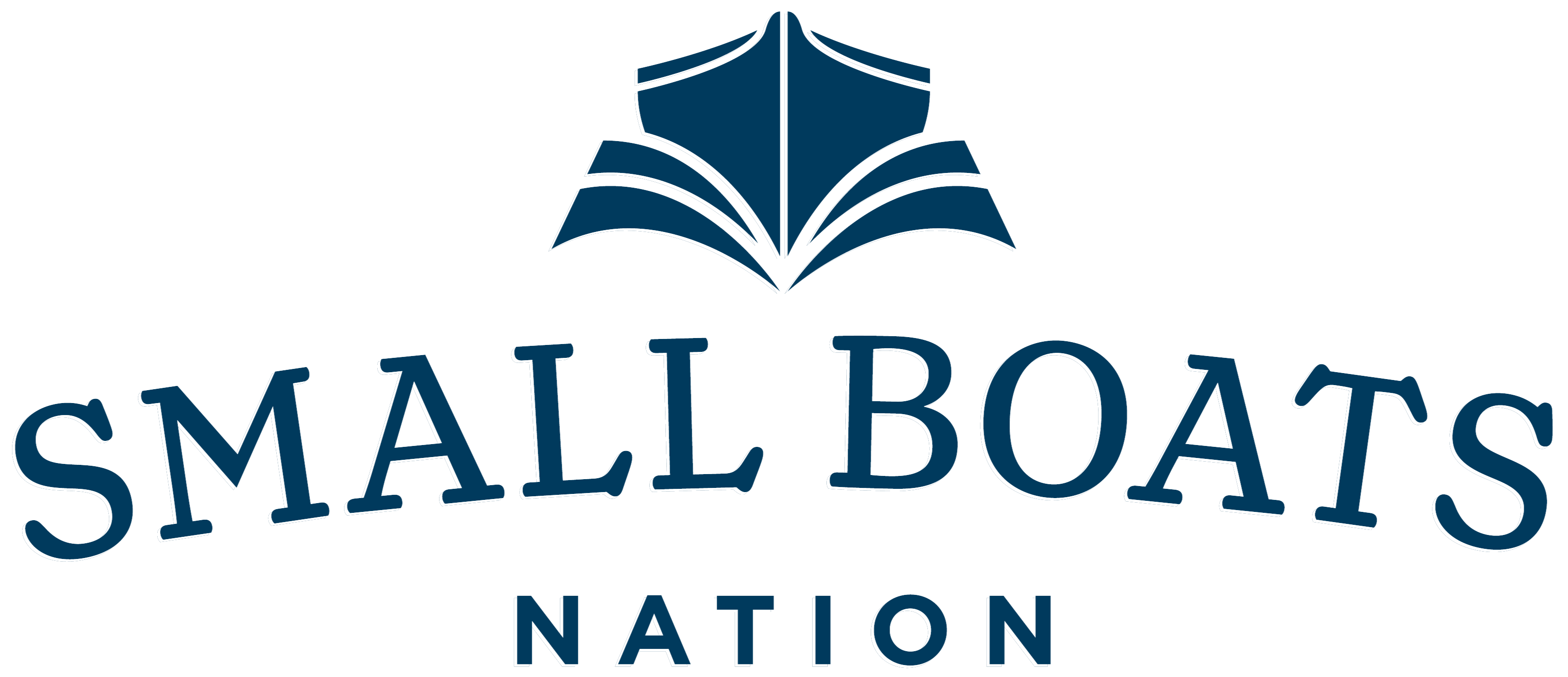

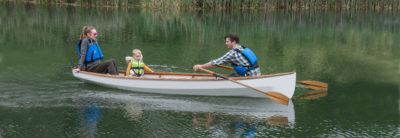

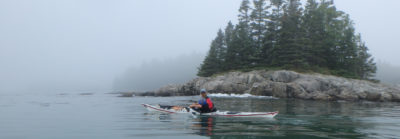
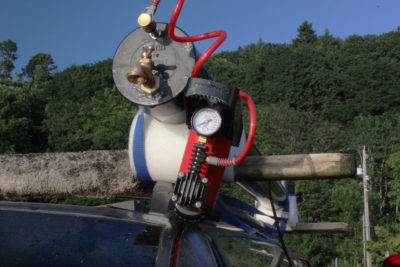
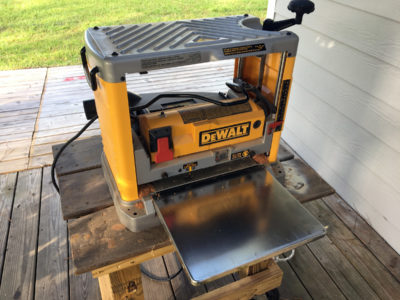
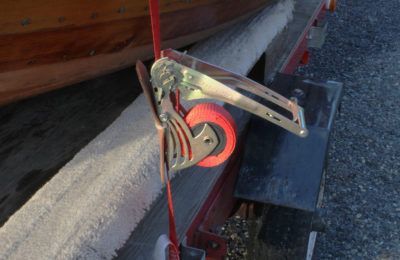
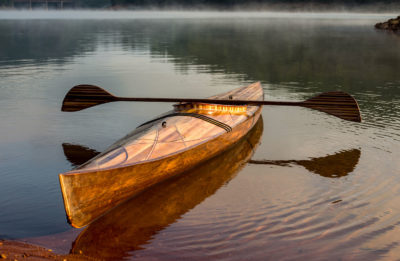
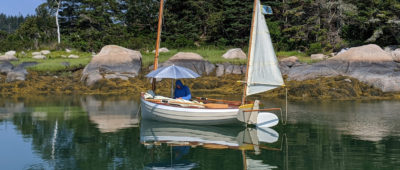
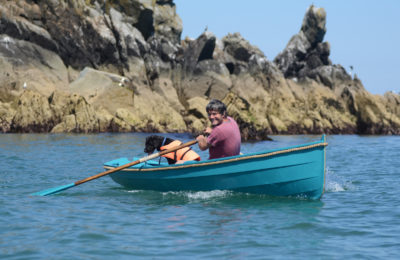
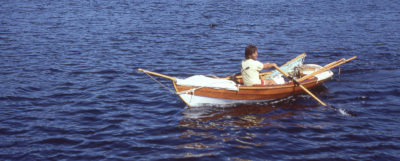
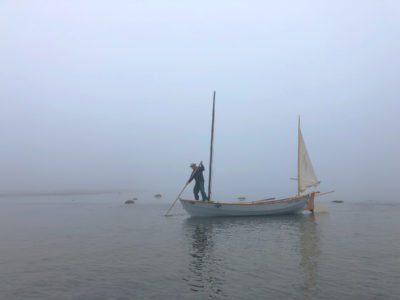
Wonderful, Michael and Rebecca. Cool to read the whole account.
Looking forward to the book.
Thanks for sharing your adventure. Hope the book is out soon.
Thanks for reading! Rebecca is creating block-print illustrations, and I think the book is almost done. Trying not to rush it. Every time I put it aside for a month and return to it, it seems to improve. Summer is keeping us busy, so it will probably be ready in the fall.
Dear Michael and Rebecca,
You anticipated the solitude of Covid in a magical way. So happy for you.
I liked your photographs and paintings very much.
Thank you.
Great story, and paintings by Rachel. Some of your paddling sounds like similar ventures I’ve had in the Pacific Northwest, especially along the west coast of Vancouver Island. One difference: most of our islands are not granite (though granite is the rule over in Desolation Sound, east of Vancouver Island). Whereas 25 years ago we saw few paddlers on the outside, in recent years it gets crowded sometimes. I blame the water taxis. You can camp on virtually any beach you can land on, though sometimes it’s pretty challenging above the tide line. And there are bears.
Rachel’s boat appears to be a Pygmy Coho. Do I guess right?
Thanks – and sorry it took me so long to see your comment. Some day we’ll venture out of Maine again, and I look forward to visiting the West Coast. I can’t say I mind the lack of bears along the Maine coast though. Yes, Rebecca was paddling a Pygmy Coho that she built.
I found the article a very good read. Good luck with your new book, and all the adventures that lie ahead. I myself have a 22′ sailboat, but also love to row, and kayak. I was born on the water, not literally, but around boats for my life. Now 65, still enjoying it. I sail ⛵️ on a lake in Upstate New York, a long ways from the ocean, where I truly long to be.
Goodbye and good luck, God bless!
What a wonderful story, particularly in the details that describe the magic of Maine, and in my opinion it’s unparalleled scenery on the East Coast. I’ve paddled in a few of the areas that were mentioned in the story and spend two weeks each summer sailing/paddling on Mount Desert Island. Summer in Maine is my “magic place”! Thanks for refreshing my memories.